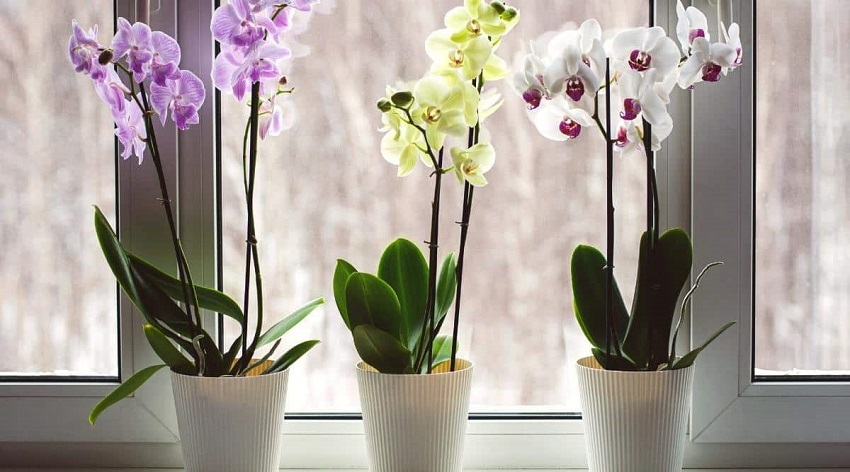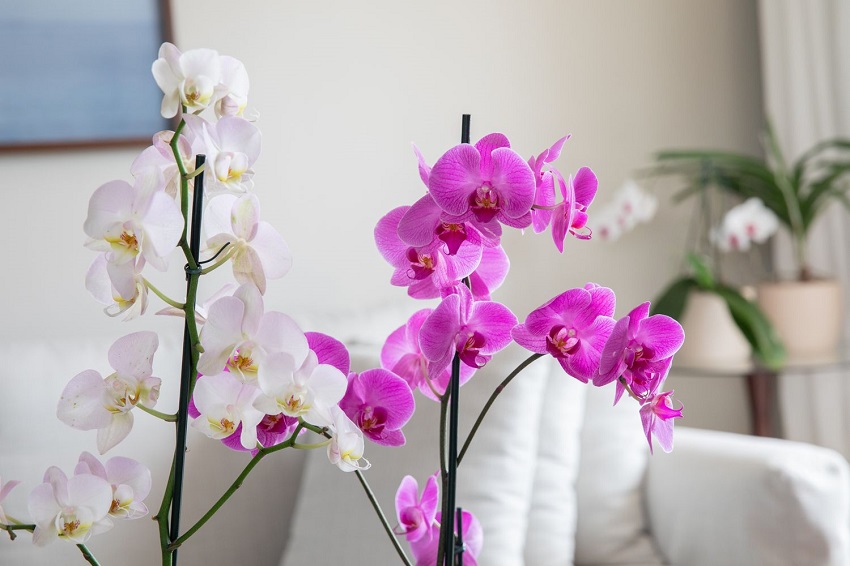Have you ever been captivated by the delicate beauty of orchids? These enchanting flowers have a unique allure that makes them a favorite among flower enthusiasts. Whether you’re a seasoned gardener or just starting to explore the world of plants, you might have found yourself wondering: Do orchids need sunlight? In this article, we’ll delve into the fascinating world of orchid care and shed light on the role of sunlight in nurturing these exquisite blooms.
Orchids: Nature’s Masterpiece
Before we dive into the sunlight requirements of orchids, let’s take a moment to appreciate the remarkable nature of these flowers. Orchids are not just any ordinary blossoms but the epitome of nature’s artistry. With their diverse shapes, colors, and fragrances, orchids have captured the imagination of people across cultures for centuries. Speaking of flowers, have you ever wondered, do sunflowers grow back after cutting.
The Sunlight Dilemma
Now, let’s address the burning question: Do orchids need sunlight? The answer is yes, but it’s not that straightforward. Orchids, like all plants, require sunlight for photosynthesis – the process through which they convert light into energy. However, orchids are unique in their light requirements, and understanding this is crucial for their well-being.
Understanding Orchid Light Requirements
Orchids hail from various habitats around the world, ranging from tropical rainforests to high-altitude mountain ranges. This diversity in natural habitats has led to different light preferences among orchid species. Some orchids thrive in bright, indirect light, mimicking the dappled sunlight they would receive beneath the rainforest canopy. Others prefer more direct sunlight, similar to the conditions found in open meadows.
Tailoring Sunlight Exposure
The key to successfully caring for orchids lies in tailoring their sunlight exposure to match their natural habitat. When determining the ideal light conditions for your orchids, consider their species and origin. Phalaenopsis orchids, for example, are popular houseplants that generally prefer moderate, indirect light. On the other hand, Cattleya orchids, known for their vibrant colors, can handle brighter light but still require protection from scorching midday sun.
Finding the Sweet Spot
Creating the perfect environment for your orchids involves finding the sweet spot of light exposure. This often means placing them near windows with sheer curtains or utilizing shading techniques to filter intense sunlight. Observing your orchids’ leaves can provide valuable insight – if the leaves appear dark green and healthy, they are likely receiving adequate light.
You might enjoy reading this: How to Grow Plants in a Dark Room: A Guide to Indoor Gardening
The Role of Duration
Aside from the intensity of light, the duration of light exposure also matters. Orchids, like many plants, have adapted to the natural light cycles of their native habitats. Providing them with a consistent day-night cycle, even if artificially regulated, can contribute to their overall health and blooming patterns.
Beware of Overexposure
While orchids do need sunlight, it’s essential to be cautious about overexposure. Too much direct sunlight can lead to leaf scorch and damage. Orchids with pale or thin leaves are especially susceptible. Remember that it’s better to provide slightly less light than risk harming your plants.
Supplementing with Artificial Light
For those without access to ample natural sunlight, fear not – artificial light can come to the rescue. With advancements in technology, you can now find specialized grow lights designed to mimic the spectral range of sunlight. These lights can be a game-changer for indoor orchid cultivation, ensuring they receive the right amount and quality of light.
Orchid Care Beyond Light
While sunlight is a critical factor in orchid care, it’s not the only one. Proper watering, humidity levels, and potting media also play essential roles in their well-being. Orchids are complex plants with unique needs, and the journey of nurturing them can be incredibly rewarding.
Conclusion
In conclusion, the question “do orchids need sunlight” can be answered with a resounding yes. However, the key lies in understanding the specific light requirements of the orchid species you’re caring for. By mimicking their native habitats’ lighting conditions, you can create an environment in which your orchids will thrive and grace you with their stunning blossoms.
FAQs
- Can I place my orchids in direct sunlight?
While some orchids tolerate direct sunlight, it’s generally safer to provide bright, indirect light to prevent leaf scorch.
- How do I know if my orchids are getting enough light?
Healthy, dark green leaves are a good indicator that your orchids are receiving adequate light.
- Can I use regular household light bulbs for my orchids?
Regular household bulbs might not provide the full spectrum of light that orchids need. Consider using specialized grow lights.
- Is it possible to overexpose my orchids to sunlight?
Yes, overexposure to direct sunlight can lead to leaf damage. It’s better to err on the side of slightly less light.
- Can I grow orchids indoors without sunlight?
Yes, you can use artificial grow lights to supplement sunlight and successfully cultivate orchids indoors.











